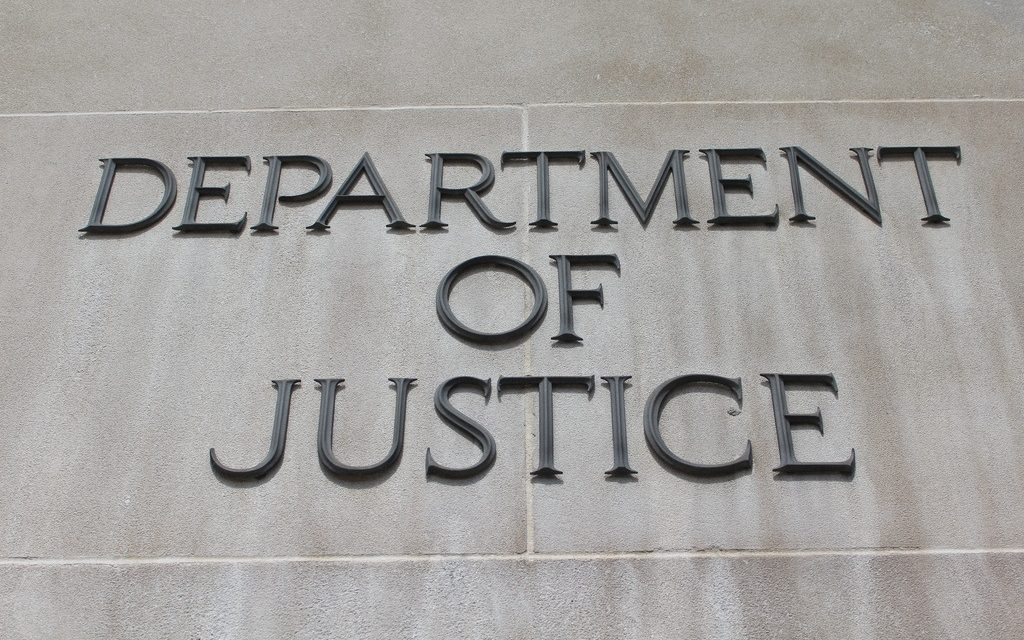The Trump administration implemented more drastic changes to the U.S. immigration court system on Monday. A new rule gives the director of the Executive Office for Immigration Review (EOIR)—a Trump political appointee—the power to adjudicate cases and appeals.
Described as a “wolf in sheep’s clothing,” the rule turns the immigration court system into a law enforcement agency and undermines any semblance of judicial independence within the immigration court system.
The new interim final rule was published by the Department of Justice (DOJ) just days after it was announced by the administration. It allows the director of EOIR to decide cases that “cannot be completed in a timely fashion”–within 90 days for detained cases and 180 days for non-detained cases.
The move raises grave concerns about having a political appointee adjudicate immigration cases—essentially allowing the director to shape case law. The director reports to Attorney General William Barr and may now feel beholden to his political whims.
Currently, only immigration judges, the Board of Immigration Appeals, and the attorney general are permitted to adjudicate cases. The immigration court system is currently housed within the DOJ, the same executive branch agency responsible for prosecuting immigrants in federal court. This is an inherent conflict of interest.
This summer, the National Association of Immigration Judges (NAIJ), American Immigration Lawyers Association (AILA), and others sent a letter to Congress, calling for an independent immigration court system.
The new rule has met immediate criticism. NAIJ issued a stinging statement in response, calling the announcement:
“An unprecedented attempt at agency overreach to dismantle the Immigration Court,” alleging that the “DOJ’s action ends any transparency and assurance of independent decision making over individual cases.”
The rule also formalizes the creation of the Office of Policy, which is housed within EOIR and has been in operation since 2017.
Many of the more problematic policies issued by EOIR over the past year—including initiatives to speed up deportations and weaken due process protections—have originated from this Office of Policy. The office has remained largely unresponsive to stakeholders seeking clarification or basic information about new policies.
Monday’s new rule is hardly the first time the Trump administration has taken aim at the immigration court system.
Earlier this month, the Trump administration moved to decertify the immigration judge’s union, the 40-year-old collective bargaining representative of U.S. immigration judges.
The House Judiciary Committee issued a strong statement in response: “The Trump Administration has taken unprecedented steps to strip immigration judges of judicial independence by limiting their ability to manage their dockets and make informed discretionary decisions.”
The committee pledged to hold hearings in the coming months to explore the current state of the immigration court system and the possibility of legislation to create an independent immigration court.
The new rule has concerning implications for the future of the immigration court system and erosion of due process for the thousands of immigrants whose lives are now in the hands of the EOIR director.


